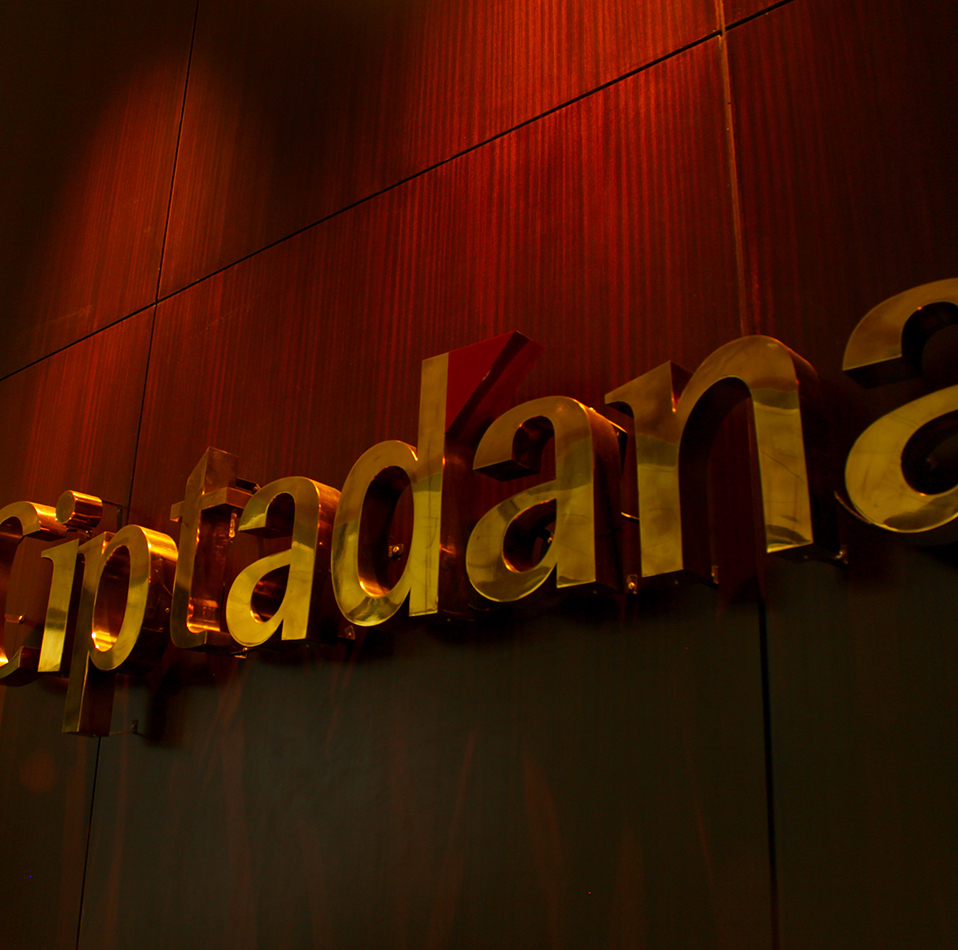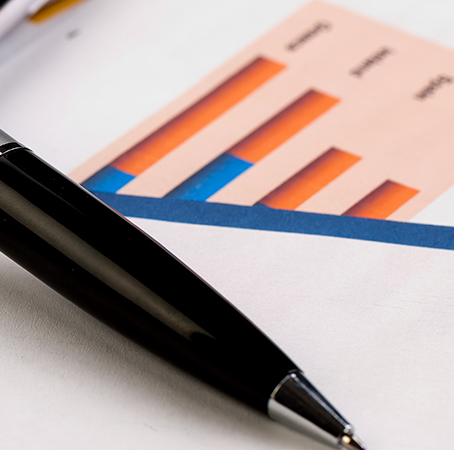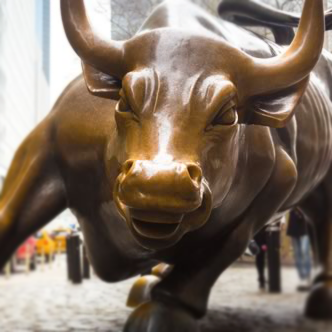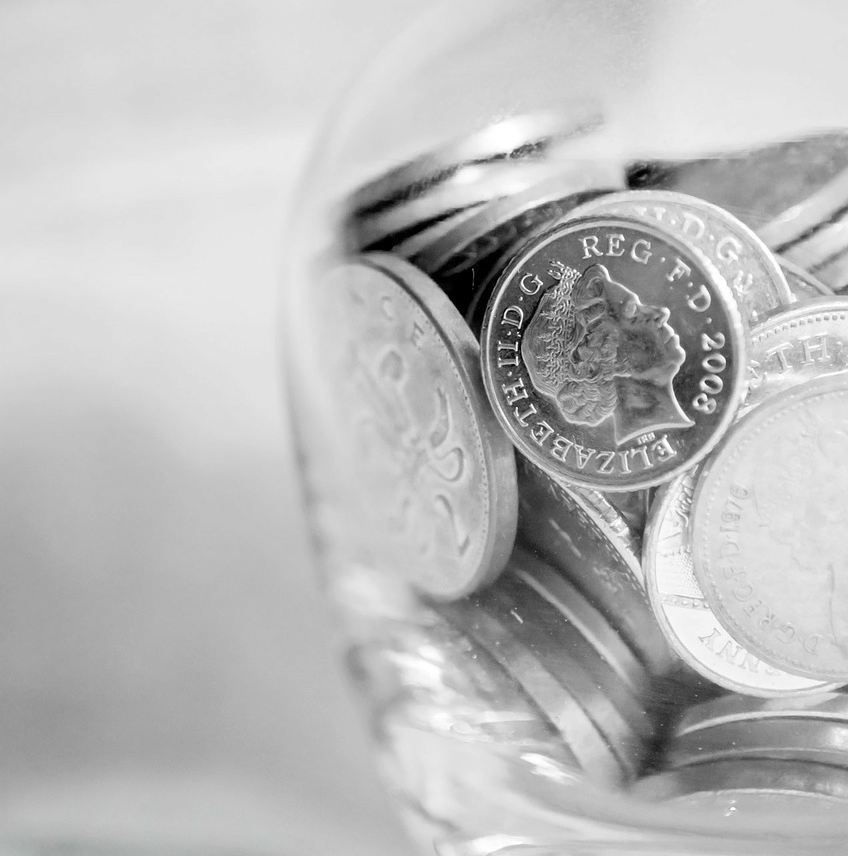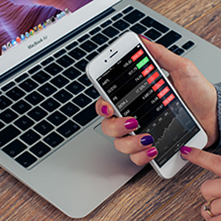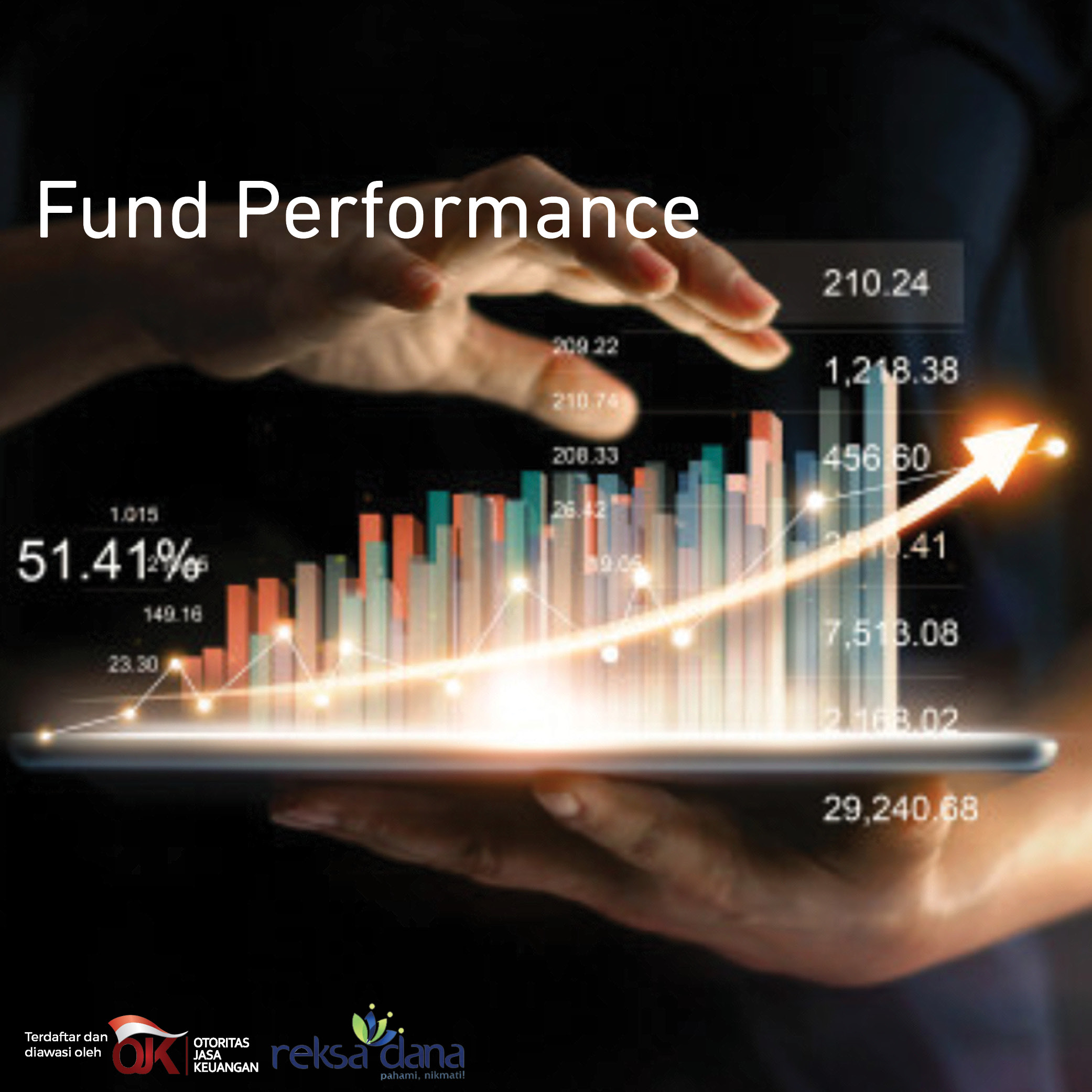Economic contraction of 0.75% YoY in 1Q21
Since 2Q20, has experienced consecutive contractions until 1Q21. Thus, Indonesia has not escaped yet from recession since 3Q20. However, the contraction at 0.75% YoY was less severe than the previous contraction (vs. -2.19% YoY in 4Q20). It was slightly lower than consensus at -0.65% YoY and still worse than our estimate at -0.44% YoY. On brighter side, the contraction has been priced in as today the JCI increases by 0.12% after the announcement of GDP instead. We are optimistic that the recovery gradually occurs this year then in 2022 the economy will return to pre-pandemic activity level. After we attempt to fathom the depth of the contraction, we have to revise down our economic growth estimate from 4.8% to 3.8% YoY in 2021 as the recovery still needs more time to take effect.
Stronger household consumption
Household consumption still plays the most important role as it contributes 56.9% to GDP. With stable growth around 5% over years, food and beverages except restaurant still contributed the most to the household consumption but it plunged to -2.23% YoY in 1Q21. Amid the pandemic, 2 out of 7 household consumption components grew positively:
Housing & Household Supplies (+1.27% YoY) and Health and Education (+0.31% YoY). By being at home most of the time (mobility among workplaces drops by -36% YoY), people tend to shift the consumption on household appliances and more. Besides, the pandemic makes people to be more aware and consume vitamin and other medications more.
Limited space for government spending
Government spending contributed 6.7% of GDP where it increased by 2.96% YoY in 1Q21. Eventhough on the yearly basis it grew positively, it plunged by 43.4% QoQ. It is depicted well in the challenge of the National Economic Recovery (PEN) program budget realization in 1Q21. The disbursement of social protection amounting Rp16.9 tn or just 10.8% of the total budget of Rp157.4 tn in 1Q21. Considering the wider fiscal deficit, the government maintained the spending below its expenditure target. The financing through debt is getting limited as well as the debt ratio has exceeded the limit that the government has been trying to maintain, which is 30% of GDP. However, it is still under the limits of Law 17/2003 concerning State Finances at 60% of GDP.
Uneasy K-shaped recovery
Every business sectors are struggling. Overall, only 6 out of 17 sectors that grew positively on quarterly and yearly basis. It means most of the sectors are still struggling although many indicators show improvement. It seems that the K-shaped recovery is harder than it seems. However, the sectors slipping on the downward direction in K letter have flattened slightly. The positive side is the unemployment figure is easing from 9.77 mn in Aug-20 to 8.75 mn in Feb-21. In 1Q21, the biggest share to GDP came from Manufacture (19.8%), Agriculture, Forestry and Fishery (13.2%) and Trade (13.1%). In terms of growth, the highest growth came from Water Supply, Waste Management and Recycling (5.49% YoY), Information and Communication (8.72% YoY) followed by Healthcare and Social Activity (3.64% YoY).
Unchanged BI stance
We see that the most economies will not return to the pre-pandemic activity level this year. However, we know that the recovery is certain. To spur the growth domestically, every monetary authorities set their interest rates low. As long as the low rate regimes remain, Bank Indonesia (BI) needs no sweating out to keep the capital inflow and the stable exchange rate. However, BI needs to be aware to the threat from the countries that recover first as they tend to increase their interest rates eventually. Anyway, we see this taper tantrum threat is nowhere near. The Fed is likely to talk about tapering this fall and announce it by Dec-21 or Jan-22. We see that the Fed will not hike its benchmark rate until tapering is mostly completed. Thus, we believe BI will keep the rate unchanged at 3.75% in 1Q20 amid the rising inflation as well.

